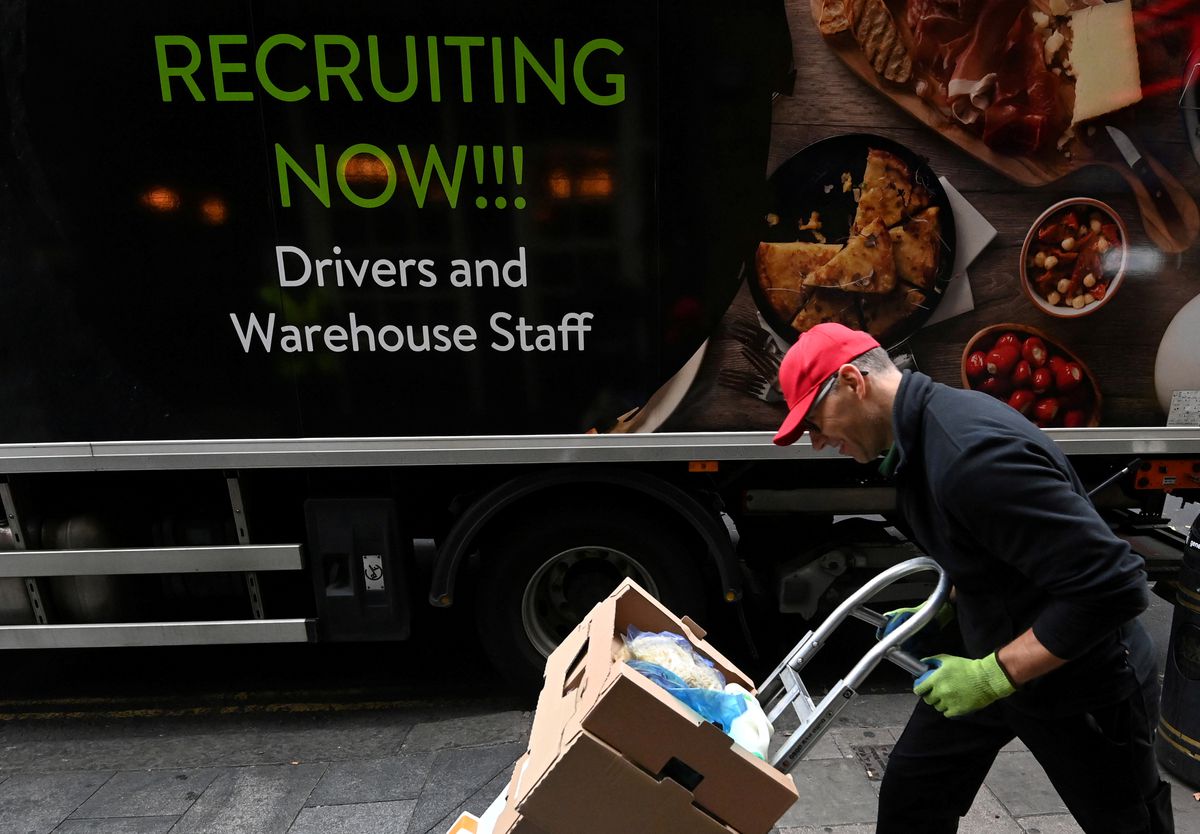
CBI cuts UK economic growth forecasts on supply chain hit
LONDON, Dec 6 (Reuters) – Britain’s economy looks set to grow more slowly than previously thought this year and in 2023 due to global supply chain problems and the government must encourage longer-term business investment, an employers group said on Monday.
The Confederation of British Industry cut its forecasts for economic growth to 6.9% in 2021 and 5.1% in 2022 from previous estimates of 8.2% and 6.1%.
It said the downgrade mostly reflected weaker growth since its last forecasts in June and the supply chain problems that have slowed the recovery from last year’s coronavirus slump were likely to end in mid-2022.
With exports still weak, household spending would drive 90% of growth next year and two-thirds of it in 2023 thanks to a strong jobs market and savings racked up during the pandemic.
Business investment looked set to grow by 8.2% next year and go above its pre-pandemic level but the bounce would probably prove short-lived with corporate investment falling back in mid-2023 when a tax incentive is due to expire.
“One policy in place for 18 months can’t change under-investment over four decades,” Rain Newton-Smith, the CBI’s chief economist, said.
The CBI called on Prime Minister Boris Johnson to introduce regulations to spur investment and innovation to help build new markets in clean energy and other sectors.
The new forecasts from the group saw inflation peaking at 5.2% in April and remaining above the Bank of England’s 2% target for around another year while unemployment would fall to 3.8% by the end of 2023.
The CBI’s forecasts were made before the emergence of the Omicron variant of the coronavirus which has led to tighter COVID rules. Rain-Smith said she was hopeful that Britain’s high levels of vaccinations would minimise the growth hit.






